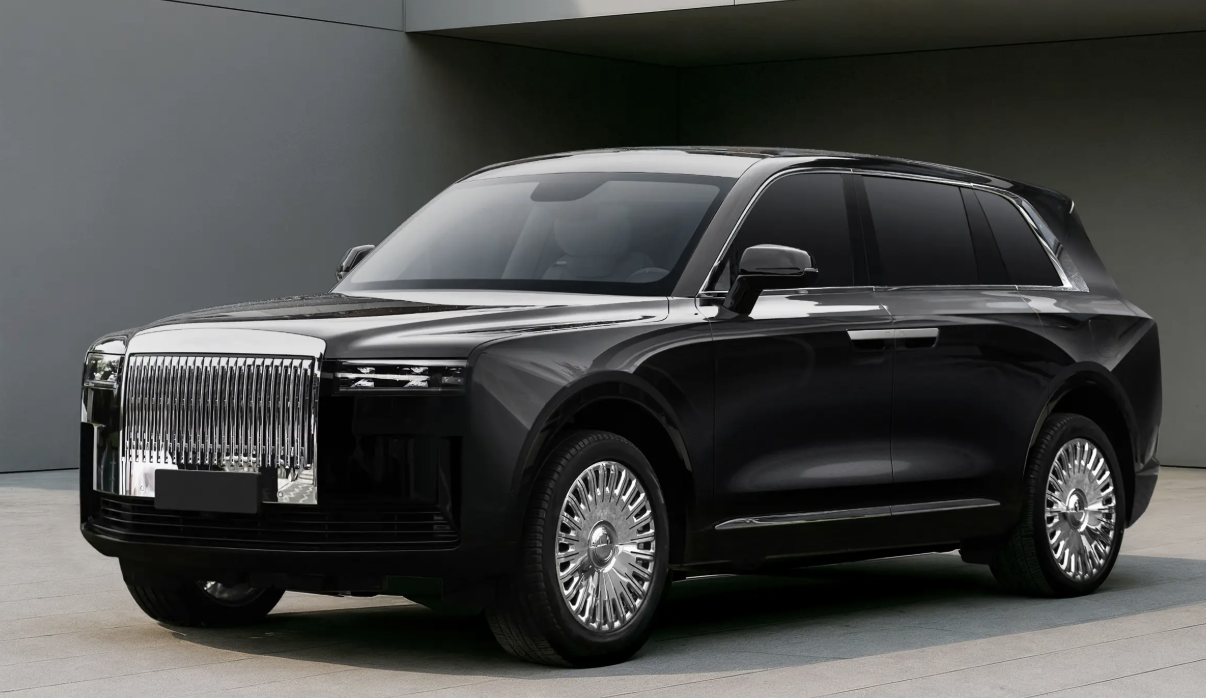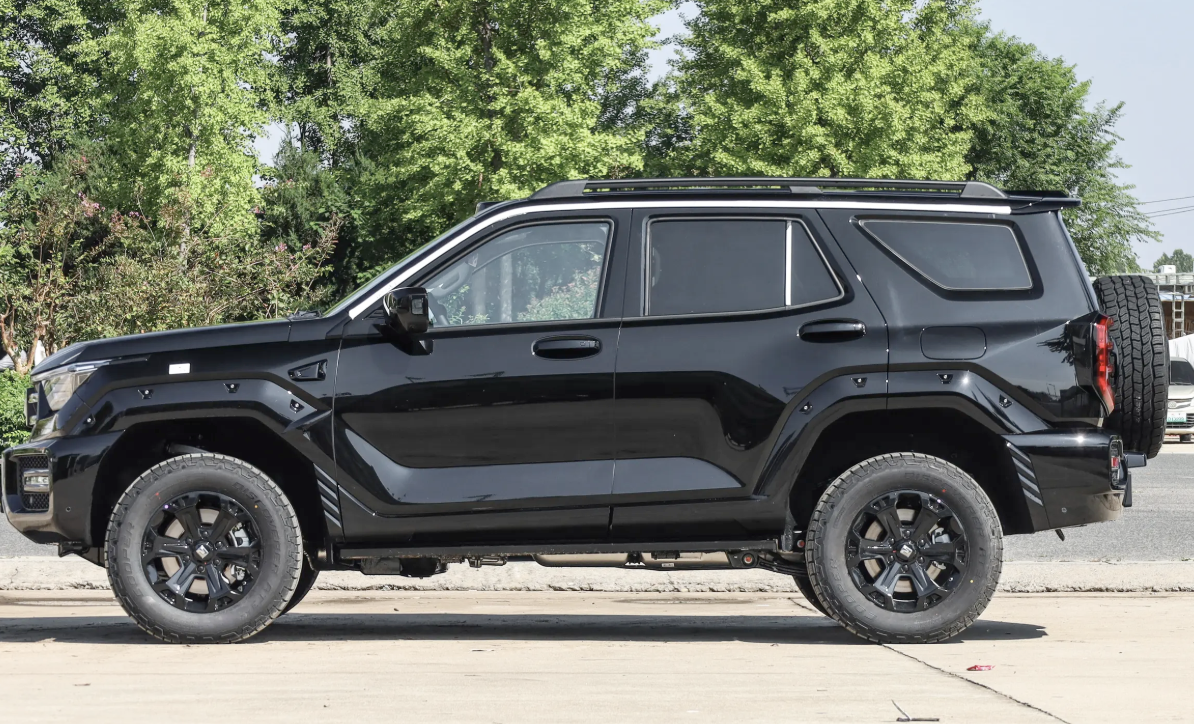On August 4 (local time), Jaguar Land Rover (JLR) announced that Mr. P.B. Balaji will take over as the company’s Global Chief Executive Officer starting in November 2025. Mr. Adrian Mardell, who has served as JLR’s Global CEO for three years and worked at the company for more than 35 years, will retire. Mr. Balaji will assume the role thereafter.

Adrian Mardell’s Legacy
Adrian Mardell is a veteran figure at JLR, having joined the company in 1990. Over the decades, he held senior positions in finance and operations, eventually becoming Chief Financial Officer in 2018. When then-CEO Thierry Bolloré resigned for personal reasons in November 2022, Mardell stepped in as interim CEO, and on July 20, 2023, he was formally appointed Global CEO by Tata Group.
During his tenure, he spearheaded JLR’s “Reimagine” global strategy, restructuring the brand into four independent entities: Range Rover, Defender, Discovery, and Jaguar. Under his leadership, JLR committed £6 billion to accelerate electrification. The company achieved a £2.5 billion pre-tax profit in the 2024/2025 fiscal year—its best financial performance in a decade. Mardell also placed strong emphasis on the Chinese market, treating it as a global strategic priority. He visited China multiple times with his core leadership team to study trends, foster local innovation, and support the “In China, For the World” strategy.
Incoming CEO P.B. Balaji
Balaji has been the Group CFO of Tata Motors since November 2017. Widely respected as a global leader, he brings 32 years of experience across finance and supply chain functions in the automotive and consumer goods industries. He has successfully led large, diverse global teams across Mumbai, London, Singapore, and Switzerland, playing a key role in Tata Motors’ successful transformation.
Challenges and Opportunities
Mardell’s leadership offered JLR new hope and clear strategic direction, but challenges remain. The urgent push toward electrification, the complexities of the Chinese market, and the task of rebuilding brand image are critical areas requiring focused effort under Balaji’s leadership.
The global automotive industry is undergoing a sweeping transformation, with electrification now an unstoppable trend. This shift is not just about changing powertrains, but about redefining industry philosophy and reshaping the future of mobility. NEV sales are surging, penetration rates are climbing, and charging infrastructure is rapidly expanding. Traditional automotive giants are racing to transform and secure their place in the EV era. For JLR, its electrification plans are especially noteworthy, reflecting both the legacy of British luxury motoring and its determination to reinvent itself in a new age.
JLR’s Electrification Roadmap
Back in 2021, JLR announced its “Reimagine” strategy, outlining full electrification goals. By 2030, every Jaguar and Land Rover nameplate will have an all-electric option, with Jaguar becoming a fully electric luxury brand by 2025.
The first milestone will be the launch of the all-electric Range Rover before the end of 2025, with deliveries starting in 2026. Built on the MLA (Modular Longitudinal Architecture) luxury electrified platform, it marks a major step in JLR’s transition. Meanwhile, the all-electric Range Rover Velar, expected in spring 2026, will use the EMA (Electric Modular Architecture) platform, feature 800V charging, support 80% recharge in 25 minutes, and deliver a projected range of up to 750 km—showcasing impressive performance in both range and charging speed.



